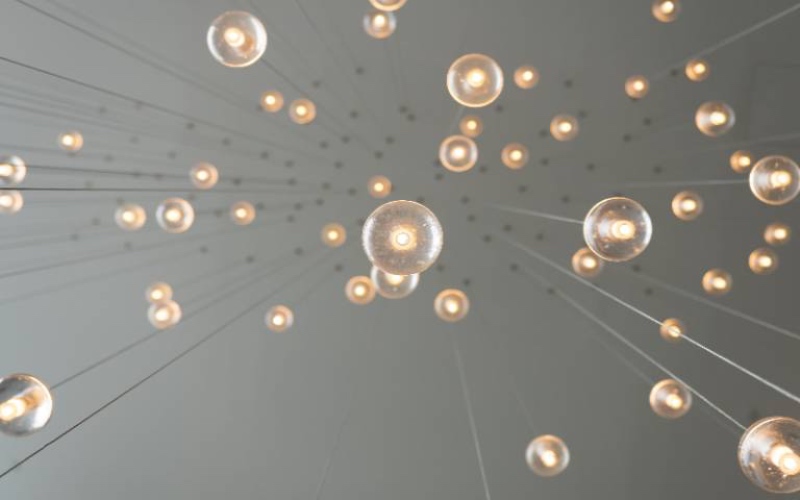Global Knowledge Systems

30 January 2022
Today, knowledge systems have become more sophisticated and structured, and include logic, term-rewriting systems, conceptual graphs, and frames. Facts are no longer assertions but can be thought of as representing knowledge using hierarchies of classes and subclasses, relations between classes, and behavior of objects. As our knowledge base about the planet and human society becomes more structured, reasoning can occur both by independent rules, logical inference and by interactions within the knowledge base itself. Special purpose automated reasoning systems, known as classifiers play the role of an inference engine, allowing users to simply declare facts about the world and letting the classifier deduce the relations. For systems using the internet, a description logic is used to deal with complex, unstructured data that does not fit to a specific data model. In IGP, we combine many sources of structured and unstructured data including earth observations, in situ measurements, surveys, models and scenarios, various accounting systems (SNA, SEEA and EEA) and semantic technologies. With the semantic web we are able to share and reuse internet data across multiple applications and community boundaries using common standards for semantic web mark-up. We use Resource Description Frameworks (RDFox) to develop and store triples and web ontology language (OWL) to formally represent metadata. An example of this approach is the SDG Interface Ontology to support reporting of the SDG targets and indicators.
Currently, we are working on Inspirations a web intelligence system to identify and curate emerging transformative institutional practices as part of the Transforming Tomorrow initiative, the role of female leadership and emotional mapping related to the COVID-19 pandemic and the underpinning knowledge systems of Wellbeing Economies. We are working with research teams in the UK, Austria, USA and Kenya and with GitHub and Protégé online communities to describe concepts, relationships between entities and categories of things for a range of issues including natural prosperity, regenerative agriculture, climate change, transformative institutions, social capital, wellbeing economy, circular bioeconomy, plastics and the ocean economy.
 Close
Close

